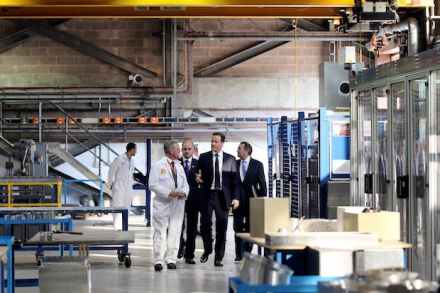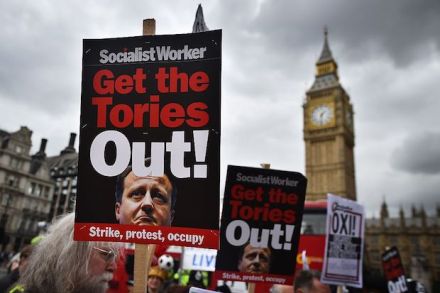If you’re old or live in a rural community, the future of banking looks bleak
It won’t shock you to read that bank branches are closing. They’re expensive to run, and fewer customers are using them. In fact just 11% of the UK population now prefers visiting a branch to carry out their banking business. But behind these simple facts is a rather grim reality. In the next few years, many consumers will count themselves lucky to live near an old post office branch moonlighting as the last bank standing. This is pretty worrying stuff. And how we’ve got to this point has a dash of Bell Pottinger wizardry about it. It’s so bizarre that I’ve been forced to scavenge the depths of the English





















